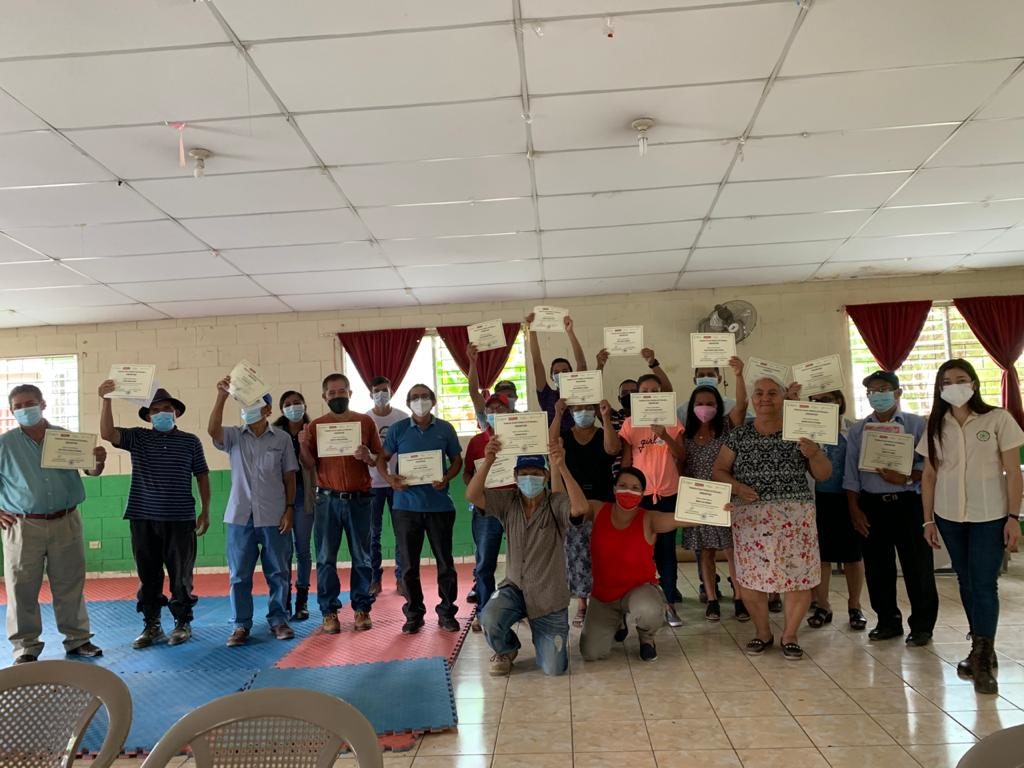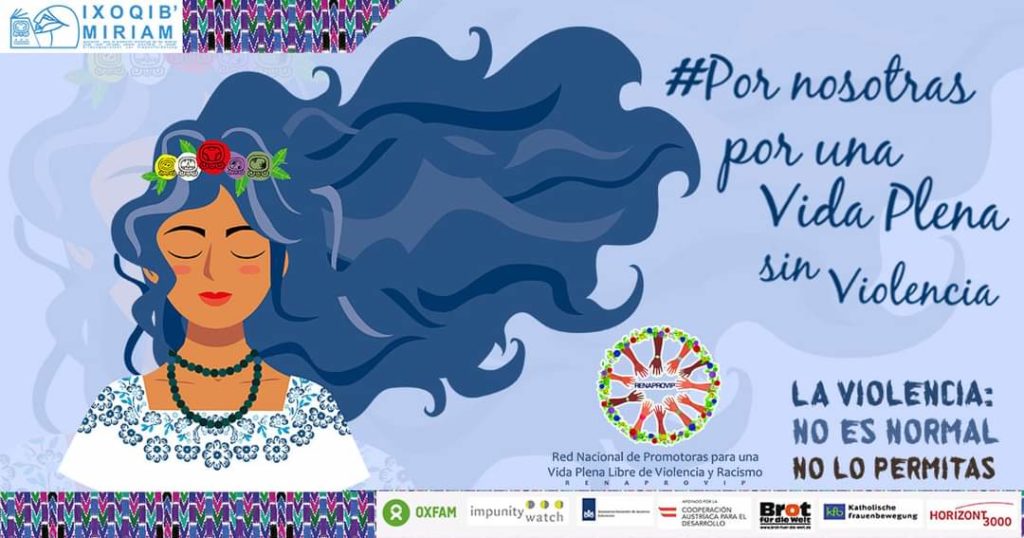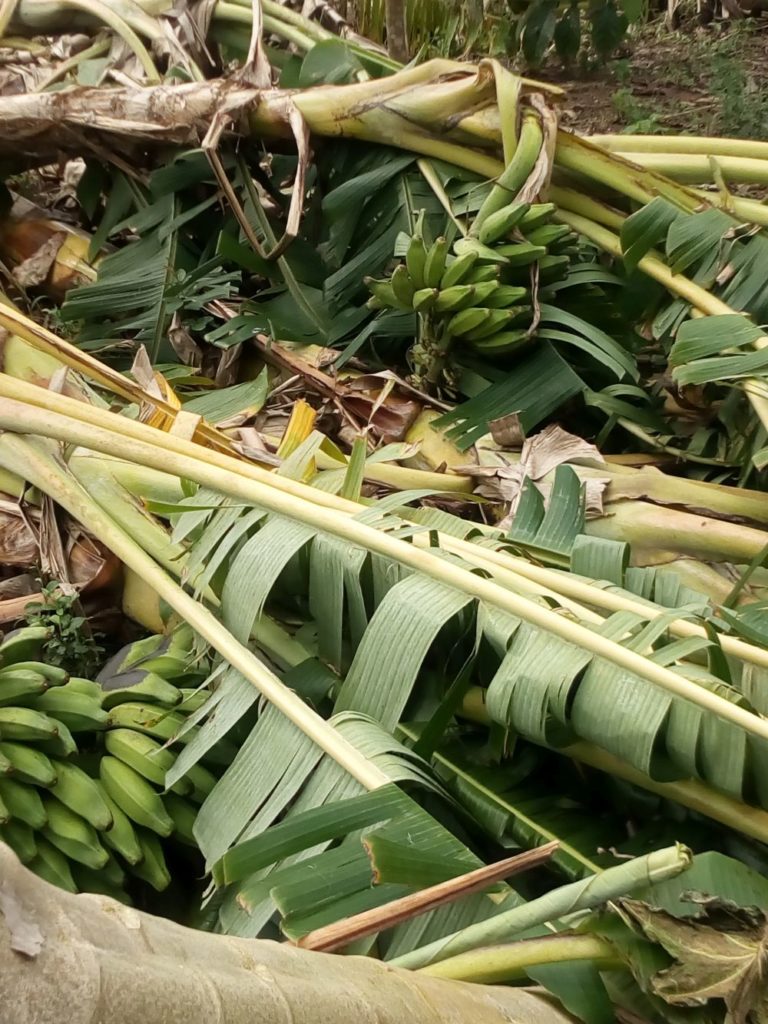Make Your Experiences Count. They Can Change the World.
LET’S BRING ALL OF OUR KNOWLEDGE AND EXPERIENCES TOGETHER.
TOGETHER WE KNOW MORE. TOGETHER WE ACHIEVE MORE. TOGETHER WE DO BETTER.
LET’S BRING ALL OF OUR KNOWLEDGE AND EXPERIENCES TOGETHER.
TOGETHER WE KNOW MORE. TOGETHER WE ACHIEVE MORE. TOGETHER WE DO BETTER.
Published: September 30, 2021
Welcome to round 3 of our interview series on the 2020 programme reports. This time, we invited our colleague Kristina Kroyer, programme coordinator of Central America, to share her thoughts on the process, highlights, lessons learned and surprises with us. Keep reading and find out what has moved our partner organisations in Central America in 2020.
Kristina, how would you describe the reporting process in general?
I have been coordinating the programme in Central America here in Vienna only since last year, so it was the first time for me to prepare the regional report of the ADA Framework Programme. Before that, I had already consolidated contributions – results, lessons learned, challenges, etc. – from different countries and partner organisations into reports within the framework of KNOW-HOW3000 and Policy Dialogue.
But to summarise the multitude of initiatives in Central America within the ADA Framework Programme – 6 in Guatemala, 5 in El Salvador and 3 in Nicaragua – thematically divided into our 2 sectors Human Rights-Civil Society and Rural Development-Natural Resource Management – and to treat all the different partners and their successes as well as difficulties in the same amount of depth in an exceptional year like 2020 was quite a challenge. Fortunately, I could build on the good preparatory work of my predecessor and it was a great start for me to get to know the initiatives in detail.
Where there any surprises for you this year? Did you find any unexpected results?

Despite Corona, natural disasters and political developments that limit civil society’s freedom to act in the 3 Central American countries that we work in, considerable achievements were made in 2020. By the end of 2020, our partner organisations had worked with around 1,500 families to promote food security and income through agroecological production, and with over 6,000 people (2/3 women) to strengthen and exercise their rights. They have installed over 400 water systems and registered and monitored over 1,600 cases of gender-based violence. Given the difficult circumstances, these are remarkable successes that we should share and communicate widely. In addition, many partner organisations implemented awareness-raising campaigns on COVID-19 prevention with their target groups and target communities along the way.
From my point of view, there was an unexpected but very positive development in the area of knowledge management – KH3000: The Communities of Practice have moved closer together and increased their activities by switching from annual face-to-face meetings to more regular online meetings. This is due to the commitment of the project teams at partner organizations, but also to the good support by a HORIZONT3000 Technical Advisor and, of course, by the Programme Officers, who are in constant contact with the partner organisations. Regarding our gender work a major learning process involving the entire partner community was initiated with the support of a Salvadoran organisation, made possible by a pretty fast switch to new technologies and virtual methods.

What were the most important learnings and take-aways from the report?
What 2020 showed, among other things, was how important the long-term work and relationships of our partner organisations with the target communities and groups are, especially in times of crisis and when it comes to preparing for them. Families that were strengthened in previous years in autonomous food production found themselves in a better position to cope with the crisis and supply shortages. The spaces that had been created for vulnerable groups – such as youth and women – also helped the communities to face the crisis in a socially, emotionally and economically strengthened way, as well as to defend their rights even in times of crisis and restrictive measures.

Is there anything you want to add? Do you want to share anything else with us?
Writing reports can sometimes be tedious, both for the implementing organisations and for us, but at the same time it is important and meaningful to pause periodically, to look back, to systematically document what has been achieved and where there have been difficulties, not only for accountability to the donor, but above all for accountability to ourselves and the target groups. We should start to spread the successes of our work more widely, because a lot is happening and the changes initiated by the work of our partner organisations are important and effective: on an individual, community and societal level.
The following organisations are involved in the ADA co-funded Framework Programme Intervention Central America: in Guatemala: CCDA, MIRIAM, UDEFEGUA, Pastoral Social Quiché, UAM, Colectivo Noj; in El Salvador: FUNDESYRAM, FCS, FSM, ADES, CMDL; in Nicaragua: FEM, Nora Astorga, FADCANIC. The projects are supported by contributions from the following member organisations: Dreikönigsaktion, Katholische Frauenbewegung, Bruder und Schwester in Not Innbruck, Welthaus Graz and Sei so frei Linz.